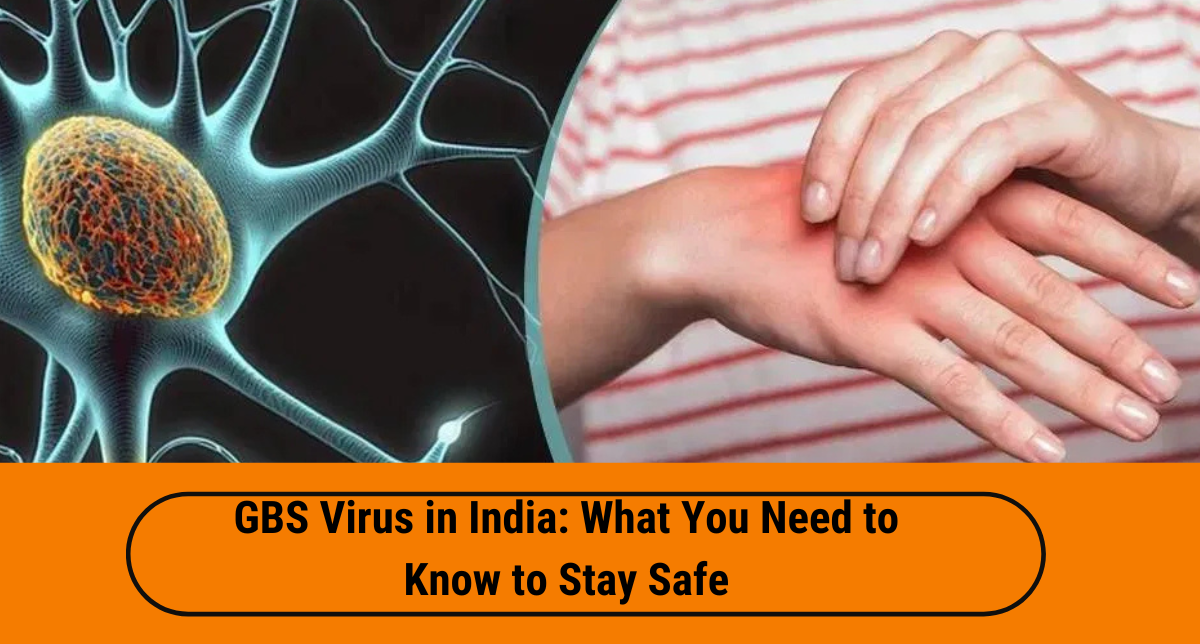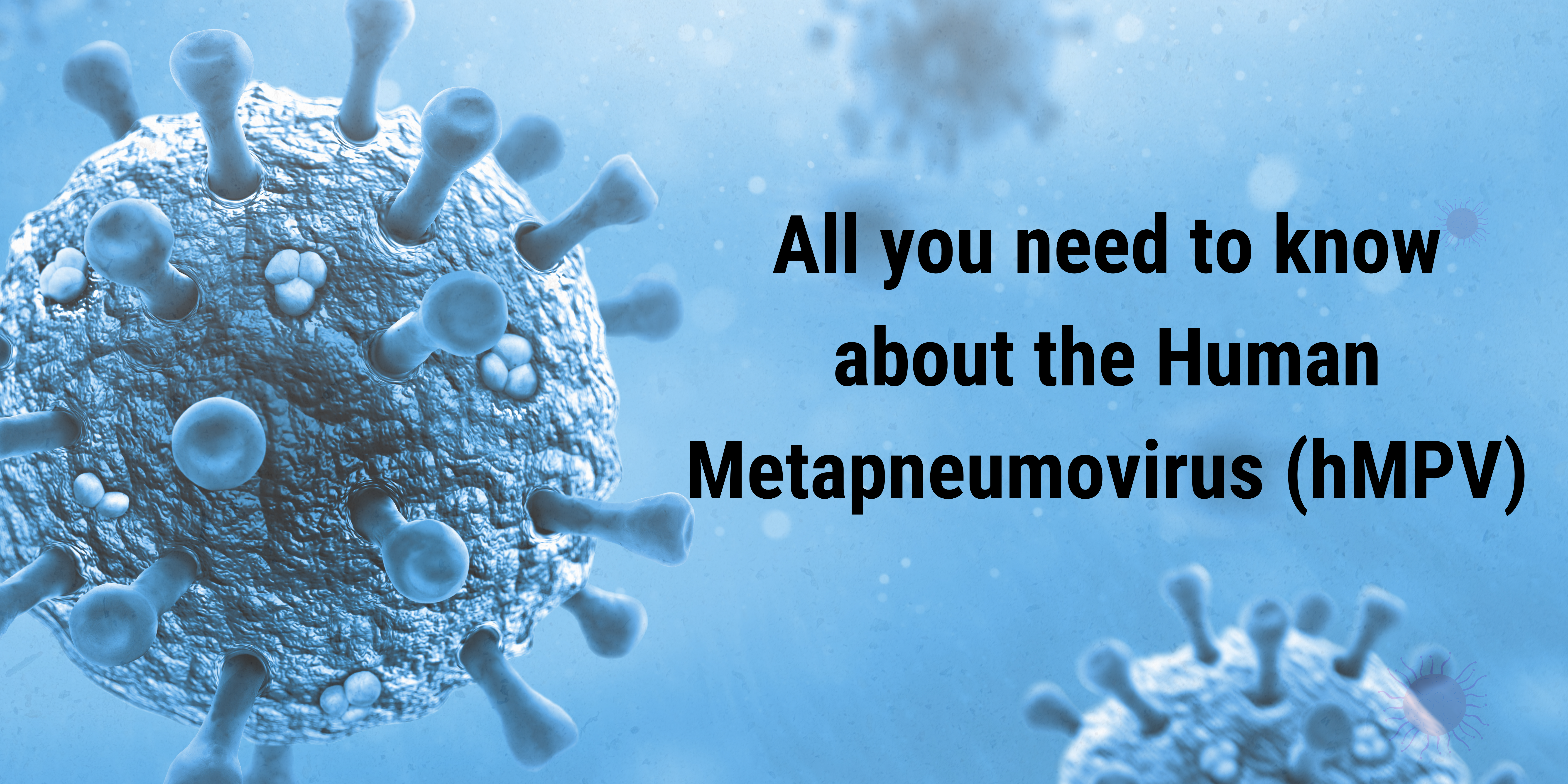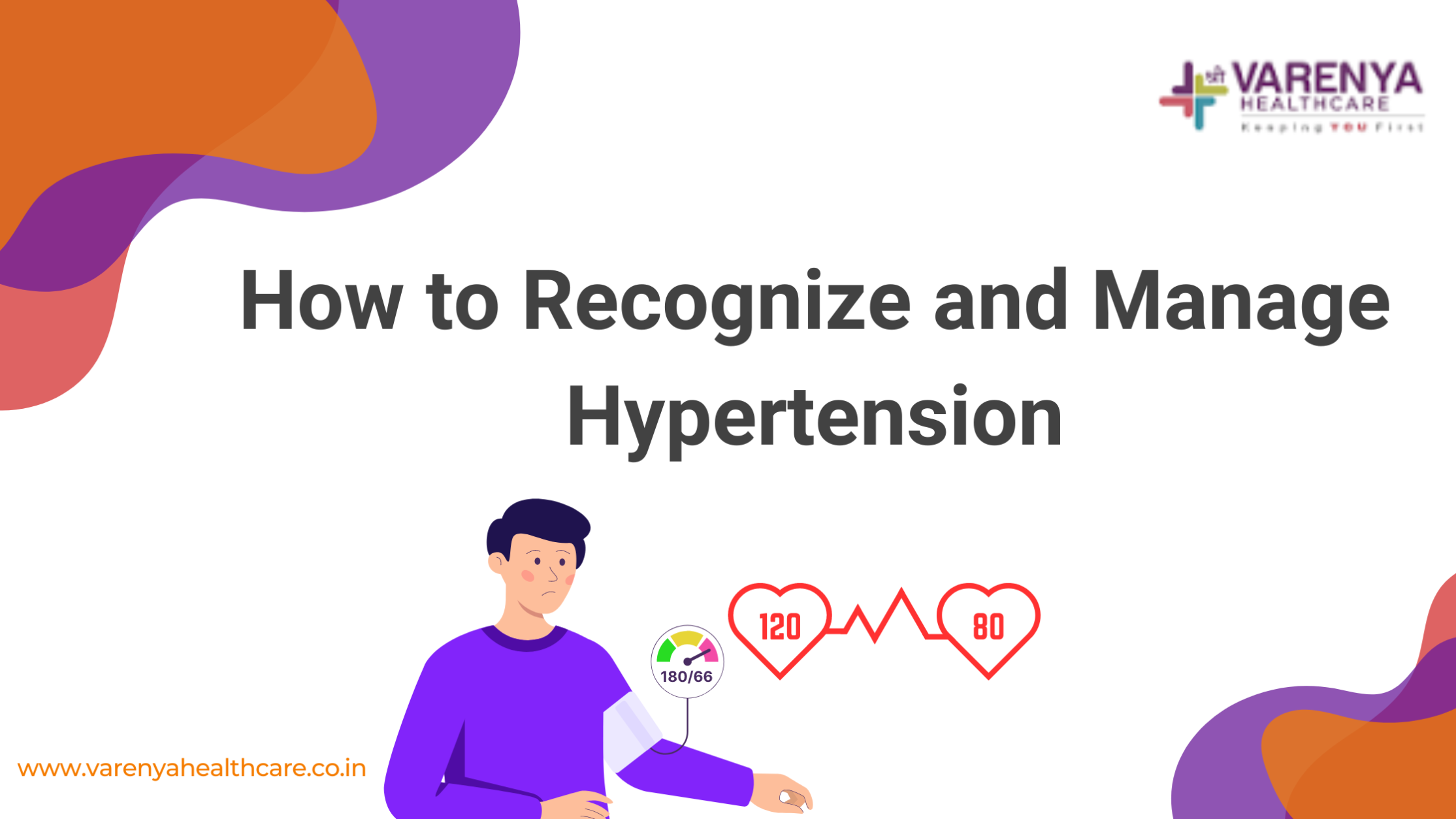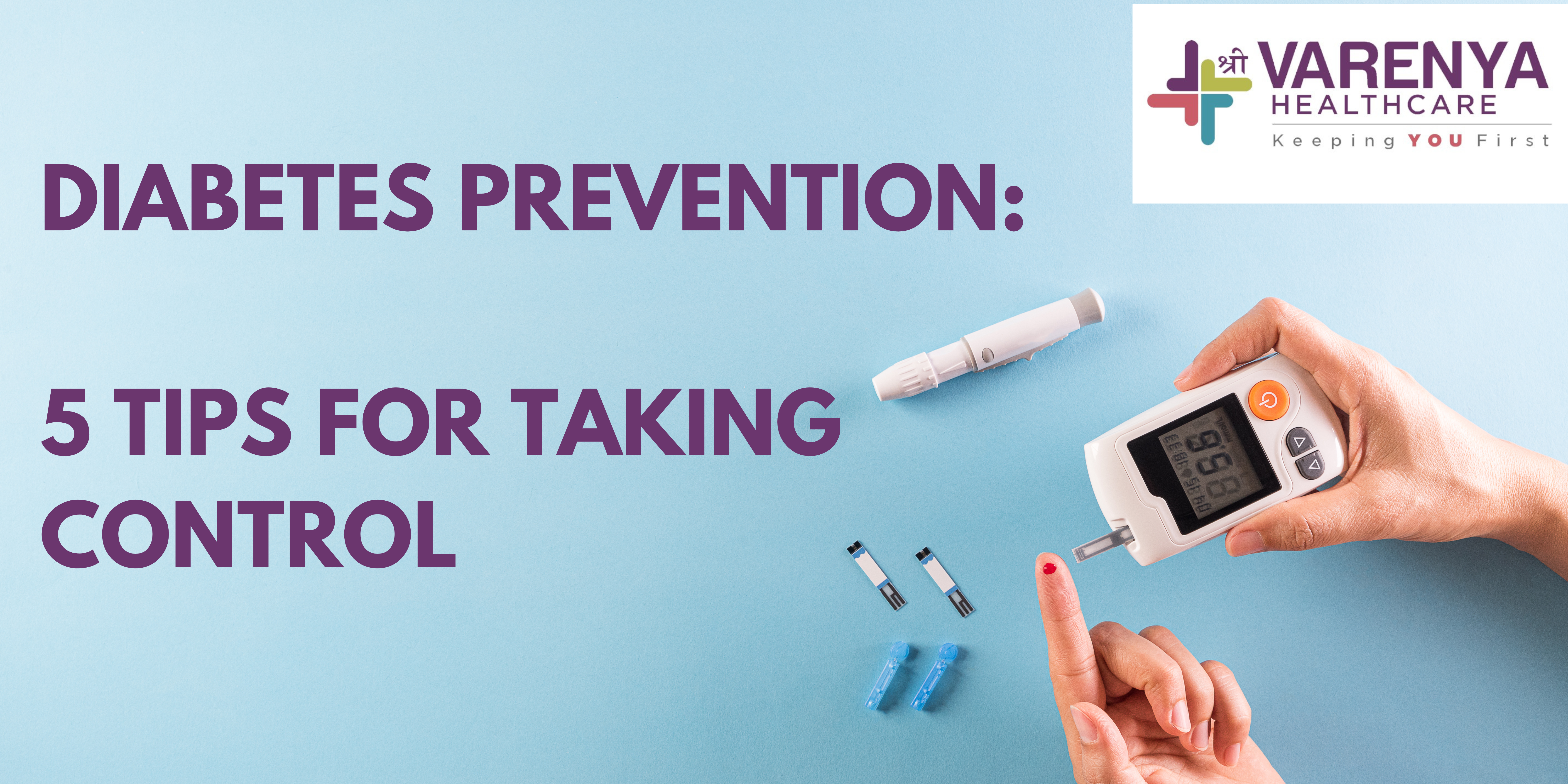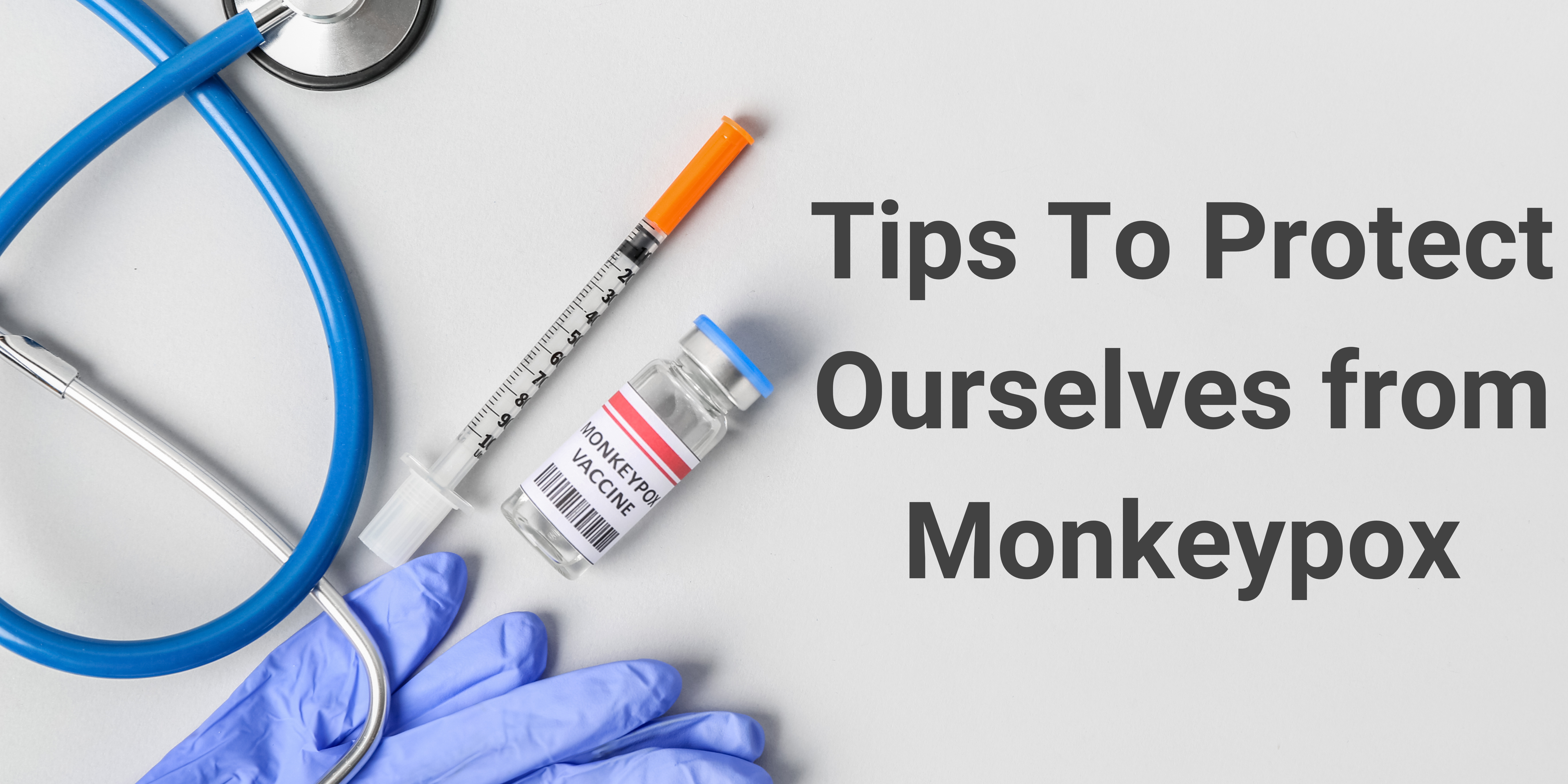
Monkeypox is an infectious viral disease that can occur in humans and other animals. Symptoms include a rash that forms blisters and then crusts over fever and swollen lymph nodes.
The illness is usually mild, and most infected individuals recover within a few weeks without treatment.
Monkeypox usually occurs in Central and West Africa. Cases outside of Africa are often due to:
- Close contact with an animal or person with Monkeypox.
- International travel
Since it is similar to the pandemic in 2020, we must all protect ourselves from this virus. Let us discuss on few crucial steps that we can take to protect ourselves.
- Avoid Close Contact: Avoid skin-to-skin contact with individuals who have a rash that resembles monkeypox. This includes avoiding any physical contact such as hugging, kissing, or sexual activity. Be cautious around animals that may carry the virus, especially in endemic regions.
- Limit Activities with High Risk: If you are at risk but unvaccinated, consider avoiding activities that involve close personal contact, such as parties or clubs where minimal clothing is worn and skin-to-skin contact is common
- Practice Good Hygiene: Wash your hands frequently with soap and water or use an alcohol-based hand sanitizer, especially before eating or touching your face. This is one of the most effective ways to prevent infection.
- Avoid Contaminated Objects: Do not share eating utensils, cups, or personal items with anyone who has monkeypox. Avoid contact with bedding, towels, or clothing used by an infected person.
- Monitor for Symptoms: Be vigilant for symptoms such as fever, rash, or swollen lymph nodes for 21 days after potential exposure. If symptoms develop, seek medical advice immediately and avoid close contact with others.
- Isolate if Infected: If you or someone in your household is infected, isolate in a separate room and use designated bathroom facilities if possible. Wear a mask and cover any rashes until they have healed completely to prevent further transmission
- Disinfect Surfaces: Regularly clean and disinfect frequently touched surfaces in your surroundings, such as doorknobs and shared equipment. Use disinfectant wipes or sprays to ensure thorough cleaning
VACCINATION: It is one of the ways to prevent getting infected with this virus.
The JYNNEOS vaccine is recommended for monkeypox prevention. It is most effective when both doses are received, spaced four weeks apart.
If you have been exposed to monkeypox and haven’t had a smallpox vaccine in the last three years, get vaccinated as soon as possible, ideally within four days of exposure.
Since Monkeypox has been spread in many countries, it is important to stay safe while traveling. To protect yourself from monkeypox while traveling, follow these best practices:
Pre-Travel Preparations
- Research Your Destination: Before traveling, check for any travel advisories or restrictions related to monkeypox at your destination. The WHO provides updated information on outbreaks and affected areas.
- Vaccination: Consult your healthcare provider about receiving the smallpox vaccine, which has shown effectiveness against monkeypox. This is especially important if you are traveling to high-risk areas.
- Pack Essential Supplies: Include items such as hand sanitizer (at least 60% alcohol), disposable gloves, masks, and disinfectant wipes in your travel kit. These will help you maintain hygiene and reduce the risk of infection.
While you are away make sure to practice all the above-mentioned safety protocols to keep yourself safe.
Post-Travel Measures:
Self-Isolate if Necessary: If you have traveled to an area with a monkeypox outbreak, consider self-isolating for 14 days upon your return to monitor for symptoms and prevent potential spread.
Take all necessary precautions, even if you’ve traveled to areas that aren’t currently affected. It’s better to be safe.
Remember Monkeypox is pandemic. As a responsible citizen, we must be vigilant and aware. Protecting yourself from monkeypox, especially while traveling or in crowded areas, requires a proactive approach that combines awareness, hygiene, and preventive measures.
By staying informed practicing good personal hygiene, maintaining social distance, and utilizing protective gear, you can significantly reduce your risk of exposure to the virus.
Remember to monitor your health for any symptoms and seek medical advice if needed. With these strategies in place, you can travel confidently and safely, while contributing to the overall effort to prevent the spread of monkeypox.
Our Varenya Healthcare team is always ready to support and guide you.If you have any queries related to Monkeypox,get in touch with our doctors. Stay safe and take care of your health!
Click here to book an appointment with us.


